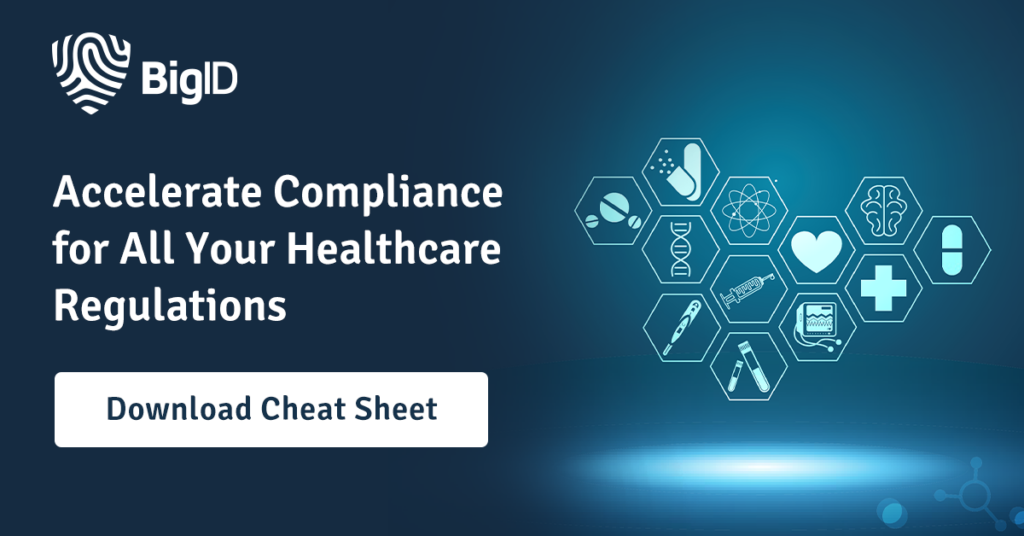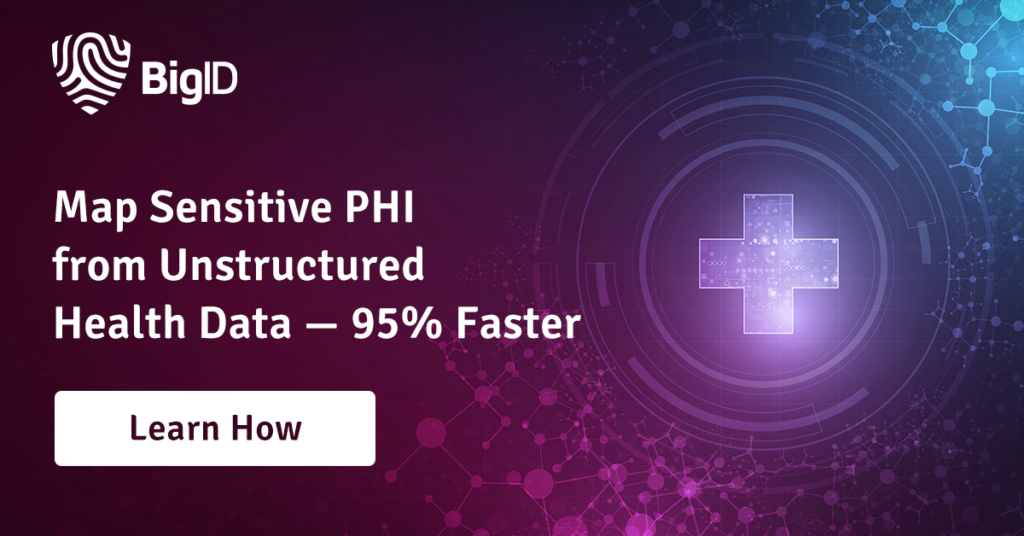In today’s rapidly evolving healthcare landscape, one term that has gained immense significance is “Healthcare Compliance Regulations.” These regulations serve as the guardians of patient information, ensuring the highest standards of confidentiality and patient care. In this blog, we’ll delve deep into what healthcare compliance regulations are, why they were put in place, and their real-world implications, complete with statistics and real-life examples. So, let’s embark on a journey to understand the intricacies of healthcare compliance and the government’s role in safeguarding our healthcare data.
What is Healthcare Compliance?
Healthcare compliance refers to the adherence to laws, regulations, and guidelines that govern the healthcare industry. These laws and regulations are established to safeguard patient privacy, ensure quality care, and maintain the integrity of healthcare systems.
Why Were Healthcare Compliance Laws Put in Place?
Healthcare compliance laws were enacted for several crucial reasons:
- Patient Privacy Protection: One of the primary drivers behind healthcare compliance regulations is to protect the privacy and confidentiality of patient information. Unauthorized access to medical records can lead to identity theft, fraud, and compromised patient care.
- Quality Assurance: Compliance laws ensure that healthcare providers deliver high-quality care. Adherence to these regulations helps prevent errors and negligence in healthcare services.
- Fraud Prevention: Healthcare fraud costs billions of dollars annually. Compliance regulations aim to curb fraudulent activities such as billing for services not rendered or providing unnecessary treatments.
- Data Security: The digital age has brought increased vulnerability to data breaches. Compliance regulations mandate the implementation of robust data security measures to protect sensitive patient information.

What Do the Stats Indicate?
To underscore the necessity of healthcare compliance regulations, let’s take a look at some compelling statistics:
- According to the Identity Theft Resource Center, the healthcare sector accounted for 28.5% of all data breaches in 2020.
- The Department of Health and Human Services reported that healthcare data breaches affected over 26 million individuals in 2020.
- The Office of Inspector General (OIG) estimated that improper payments in healthcare programs cost the federal government $36.2 billion in 2020.
Past Healthcare Information Compromises
Unauthorized Access: In 2015, the UCLA Health System suffered a massive data breach that affected 4.5 million patients. The breach occurred when hackers gained unauthorized access to sensitive patient records, exposing patients to potential identity theft and medical fraud.
Negligence and Data Exposure: In 2019, a medical billing company, American Medical Collection Agency (AMCA), fell victim to a breach that exposed personal and financial data of over 20 million patients. The breach was attributed to inadequate data security measures and negligence.
Healthcare Compliance Violations and Fines
Violations of healthcare compliance regulations can lead to severe consequences. Here are some common violations and their associated fines:
- HIPAA Violations: Violations of the Health Insurance Portability and Accountability Act (HIPAA) can result in fines ranging from $100 to $50,000 per violation, depending on the level of negligence.
- Anti-Kickback Violations: Providers found guilty of accepting or offering kickbacks for referrals can face civil and criminal penalties, including fines of up to $25,000 per violation and imprisonment.
- Stark Law Violations: Violations of the Stark Law, which prohibits physician self-referrals, can result in fines of up to $15,000 per service and exclusion from federal healthcare programs.
In the realm of healthcare compliance regulations, strict adherence is not just a legal obligation but a moral imperative. These regulations are the backbone of patient privacy, quality care, and the prevention of fraud in the healthcare industry. Government regulation of healthcare, including laws like HIPAA, Anti-Kickback, and Stark Law, plays a pivotal role in upholding these standards.
Safeguarding Patient Data – Healthcare Regulations Timeline
Patient data protection is paramount in healthcare, and various regulations have been enacted over the years to ensure its security. Understanding healthcare compliance regulations is crucial in navigating the intricacies of the healthcare industry. To shed light on this subject, let’s explore a timeline of significant healthcare regulations:
1. HIPAA (Health Insurance Portability and Accountability Act) (1996)
HIPAA is a cornerstone in patient data protection. It mandates strict standards for the confidentiality and security of individually identifiable health information. Covered entities and business associates must implement safeguards to protect patient data and notify individuals of breaches.
2. HITECH Act (2009)
The HITECH Act complements HIPAA by enhancing penalties for data breaches and promoting the adoption of electronic health records (EHRs). It emphasizes the importance of secure electronic health information exchange, bolstering patient data protection.
3. 21st Century Cures Act (2016):
The 21st Century Cures Act was initially enacted to promote scientific innovation, alleviate administrative burdens, enhance data sharing and privacy protections for patients, and improve overall healthcare for patients.
4. GDPR (General Data Protection Regulation) (2018) (EU)
Though not a U.S. regulation, GDPR impacts U.S. healthcare entities dealing with European patients. It sets strict rules on data protection, including health data, and requires informed consent for data processing, imposing hefty fines for non-compliance.
5. CCPA (California Consumer Privacy Act) (2020) (California)
CCPA grants California residents rights over their personal information, including health data. It obliges businesses to disclose data practices and allows individuals to request the deletion of their data, enhancing patient data protection.
6. HITRUST CSF (Health Information Trust Alliance Common Security Framework) (Various)
HITRUST is not a regulation but a framework that aligns healthcare organizations with multiple security and privacy standards. It provides a comprehensive approach to safeguarding patient data and gaining compliance with various regulations.
7. Information Blocking Rule (2021)
Enforced by the Office of the National Coordinator for Health IT (ONC), this rule prohibits information blocking practices that hinder the sharing of patient data. It encourages interoperability while ensuring patient data remains secure.
8. Interoperability and Patient Access Final Rule (2021)
This rule, enforced by the Centers for Medicare & Medicaid Services (CMS), promotes patient data access and exchange. It requires healthcare providers to share electronic patient data upon patient request, furthering patient data protection by giving patients more control.
Leveraging BigID to Comply with Healthcare Regulations
BigID is the industry leading platform for privacy, security, and governance— blending next-gen AI with deep data discovery. Get full visibility and control over all of your enterprise data both in the cloud and on-prem, in all its forms, including dark data, structured, and unstructured. Meeting the evolving requirements of various healthcare regulations can be a daunting challenge but BigID can help your organization with:
- Know all your data: With BigID, companies can discover, manage, and catalog all of their sensitive PHI and ePHI across the entire organization — no matter how siloed — and enforce policy across all of their data, everywhere.
- Automated ML-classification: Automatically classify PHI at scale, for detailed context and understanding.
- Reduce risk: Identify high risk protected health information, flag data flows, and access patterns to reduce risk on sensitive patient data across your entire data landscape.
To kickstart comprehensive data protection that helps your organization achieve compliance with healthcare regulations— schedule a 1:1 demo with our experts today.


